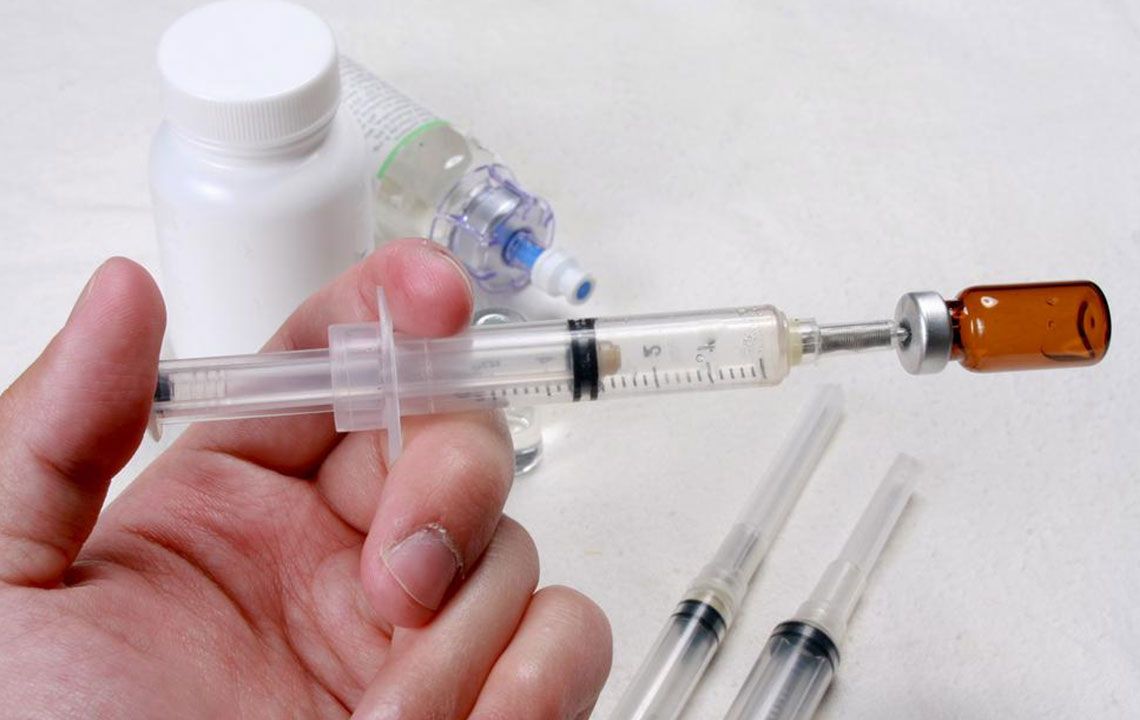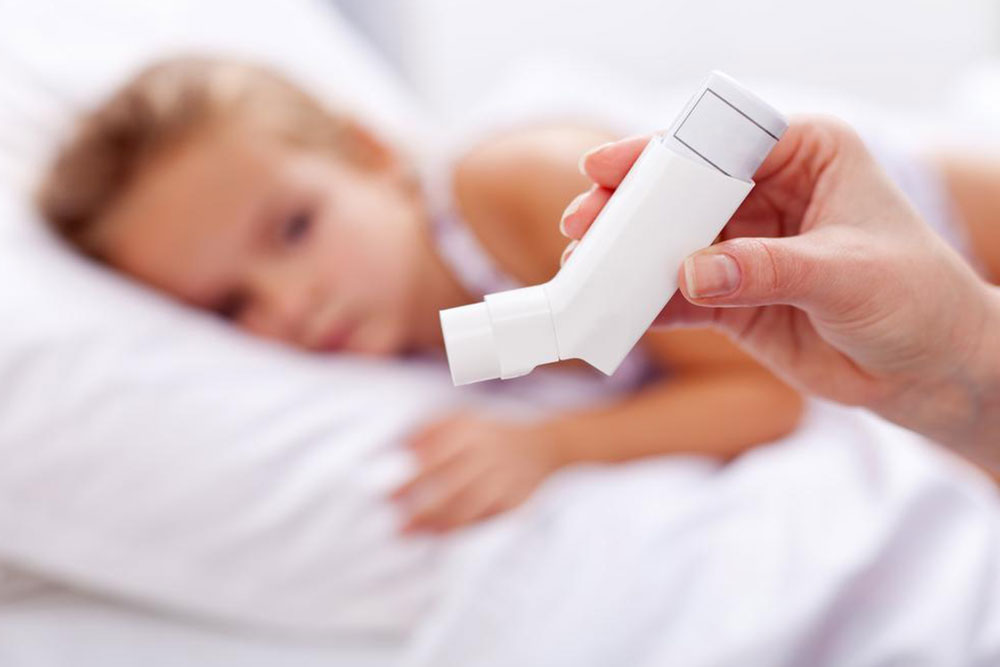Effective Strategies for Managing Sinusitis
Learn about effective strategies for managing sinusitis, including medications like nasal sprays, OTC remedies, and decongestants. Early consultation with healthcare professionals is essential to prevent long-term sinus damage caused by allergies. This article highlights the importance of proactive treatment to maintain sinus health and avoid complications.

Effective Strategies for Managing Sinusitis
Have you considered how allergies can impact your sinus health? Your healthcare provider may have mentioned this, but it's important to understand the potential risks. Sinuses are air-filled cavities in the skull connected to the nasal passages. Allergic reactions cause swelling in the mucus membranes, potentially blocking sinus openings. This prevents proper drainage of mucus and air, leading to increased pressure, discomfort, and pain.
Prolonged blockage can result in chronic issues and damage the sinus structures over time.
Despite these risks, many neglect proper allergy management, treating it as a minor inconvenience. Approximately 80% of individuals approach allergies casually, often ignoring persistent symptoms. This complacency can lead to serious complications. When symptoms worsen or resist over-the-counter remedies, consulting a healthcare professional is vital. Early intervention can prevent long-term damage, so seeking medical advice is recommended.
Living with unmanaged allergies may result in more severe health issues. If your symptoms persist or worsen, schedule a check-up promptly. Here are some common medications used to treat sinus allergies:
Nasal Sprays: These medications help reduce nasal swelling quickly and are frequently recommended by doctors for safe, effective symptom relief.
Over-the-counter (OTC) Medications: For mild symptoms, OTC options are accessible and can be effective. However, persistent issues require medical consultation.
Decongestants: Oral decongestants can alleviate symptoms when initial measures fail, but should be used under medical guidance. Limit their use to 3-4 days to prevent rebound congestion.
Other treatments like eye drops or corticosteroids might be recommended based on individual symptoms.
Important Note:
Our blog offers practical insights across various health topics. While our research aims to inform, it should not replace professional medical advice. Readers are encouraged to seek personalized consultation for accurate diagnosis and treatment. The site is not responsible for discrepancies or the availability of schemes and offers beyond those discussed here.









